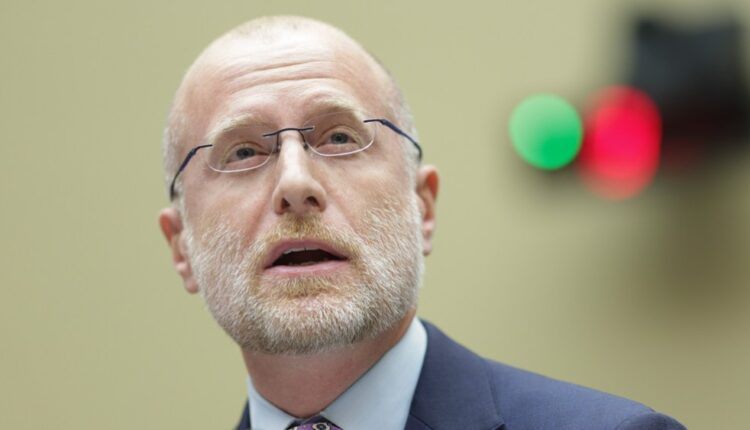
Paramount Global’s Shari Redstone’s ‘Moral Leadership’ Questioned after Trump Lawsuit
TL/DR –
Paramount Global, controlled by Shari Redstone, has agreed to pay $16 million to settle a lawsuit over a “60 Minutes” interview with former President Trump, a move seen by some as a capitulation. Critics argue the case highlights the power of the Federal Communications Commission (FCC), which Redstone needs to approve her $8 billion sale to Skydance Media. Ex-FCC chair Mark Fowler criticized the FCC’s handling of the case, and some see this as part of a larger trend of the agency being influenced by political agendas over the past 80 years.
Paramount Global Owner Tallies $16 Million in Trump Settlement
Paramount Global’s key stakeholder, Shari Redstone, known for her staunch stance on “moral leadership,” settled a lawsuit with President Trump for a hefty $16 million, leading to mixed reactions in various circles.
Redstone’s settlement, related to a controversial “60 Minutes” interview, sparked disappointment among those in CBS and other newsrooms, who viewed it as a regrettable surrender. But some insiders, particularly those acquainted with the Federal Communications Commission, saw it as a necessary evil in the business world.
“It’s philosophy versus reality,” says Jerald Fritz, a veteran FCC insider. “While I’m disappointed, I understand the business decision that Shari had to make.”
To secure the FCC’s approval for her $8 billion sale to Skydance Media, Redstone had to navigate the commission’s often unpredictable conduct. The FCC has notoriously stalled transactions by taking no action, a move that has left companies frustrated and is effectively unchallengeable in court.
A retired CBS executive, who chose to remain anonymous, found Redstone’s settlement disheartening but unsurprising. “$16 million is a rounding error in the grand scheme of the deal,” he says.
The FCC, under the leadership of Trump-appointed chairman Brendan Carr, has been under scrutiny for allegedly stepping into broadcasters’ content control. It also reopened a “news distortion” complaint over the “60 Minutes” interview and used a license renewal process to solicit comment on Fox News’ coverage of Trump’s election denial.
Free speech advocates reference Justice Stephen Breyer’s quote: “The FCC works in the shadow of the First Amendment,” to argue against the FCC’s increasing content regulation.
However, the FCC’s questionable actions mark a departure from President Reagan’s intent to limit content regulation. Reagan’s chairman, Mark Fowler, who championed less government interference with broadcasters, expresses disappointment in Carr’s handling of the case.
“It’s exceedingly disappointing… They’re trying to undo everything President Reagan did,” laments Fowler.
Despite controversy, some broadcasters see potential to eliminate ownership caps and rent out excess spectrum as part of Carr’s deregulatory agenda. Fritz observes, “Broadcasters are salivating at the opportunities on the horizon if that gets done.”
However, the focus on financial gains overshadows the importance of First Amendment rights. “They don’t really care too much about the First Amendment,” states Fowler. “Those are not dollar-impact issues.”
Many observers express concern about the FCC’s apparent abuse of power on behalf of the president’s personal interests. “It feels a bit like the wheels are coming off,” says Fowler.
—
Read More US Political News
